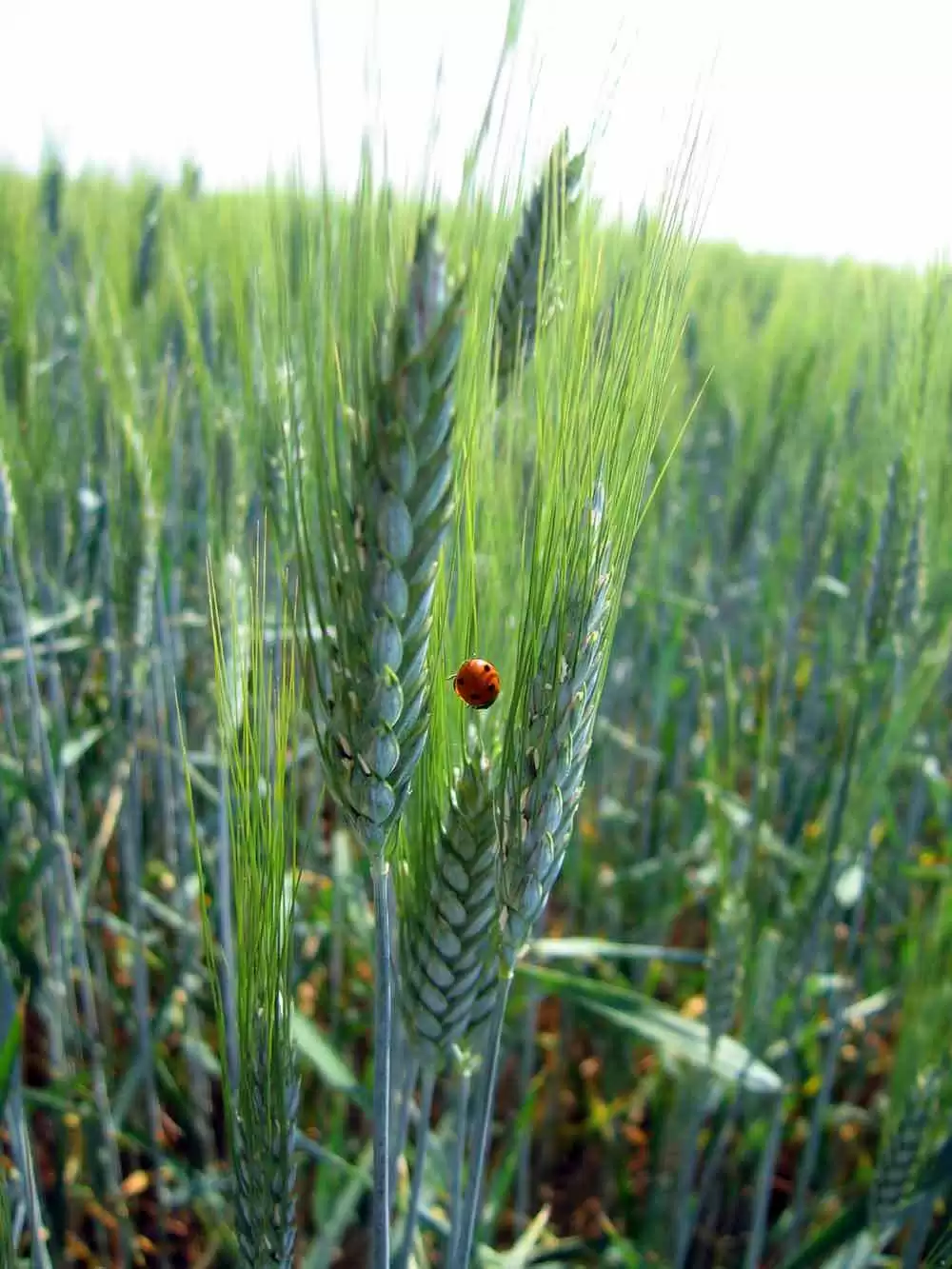Celiac.com 04/02/2009 - A recent study finds rates of celiac disease in Polish children are four times higher than estimated, and are only slightly lower than those of other northern European populations—at about 1 in 124 persons. Moreover, they found that symptoms in those diagnosed were typically absent, minimal or vague.
To date, the only epidemiological studies of celiac disease undertaken in Poland had been carried out within limited areas and involved mainly symptomatic patients or high-risk groups. Until now, celiac was thought to affect about 1 in 400 children in the country. A team of researchers based in Poland recently set out to determine actual rates of celiac disease among Polish children.
Celiac.com Sponsor (A12):
The research team was made up of Anna B. Szaflarska-Poplawska, Monika Parzecka, Lucyna Muller, Waldemar Placek. The team enrolled 3235 local children aged 12 to 15 years from the city of Bydgoszcz, and conducted screens for antiendomysial antibodies IgA endomysium (EmA) and IgG EmA. Patients with positive IgA EmA and/or IgG EmA results were offered a small-bowel biopsy.
They found that 25 children showed positive IgA EmA and/or IgG EmA results (0.8%). 11 children elected to undergo biopsy. 7 showed histological features of celiac disease of either Marsh stage III-B or III-C, 4 children showed normal histology, while 14 children opted to skip the small-bowel biopsy.
As is common with celiac disease, more girls than boys were affected (P<0.0001), while 2 of the 7 children with celiac disease showed no symptoms, and the other 5 presented only vague or mild symptoms.
Original national estimates put the incidence of celiac disease among children in Poland at1 in 404, while the team’s serologic sampling shows that to be nearly four times higher at 1 in 124.
The authors note that these updated figures are slightly lower than those of other countries, and that symptoms were generally absent, or vague and unclear symptoms course, despite the presence of advanced lesions in the small bowel. Overall, though, it seems that the rates found in Poland match rates in North America, which all hover at about 1% of the population.
Of particular interest is the rise of asymptomatic, or vaguely symptomatic instances of the disease, in which damage is occurring, but no outward signs are present.
Medical Science Monitor 2009.




.webp.9b05843efc652dc02f0ed05391ce22ea.webp)





Recommended Comments